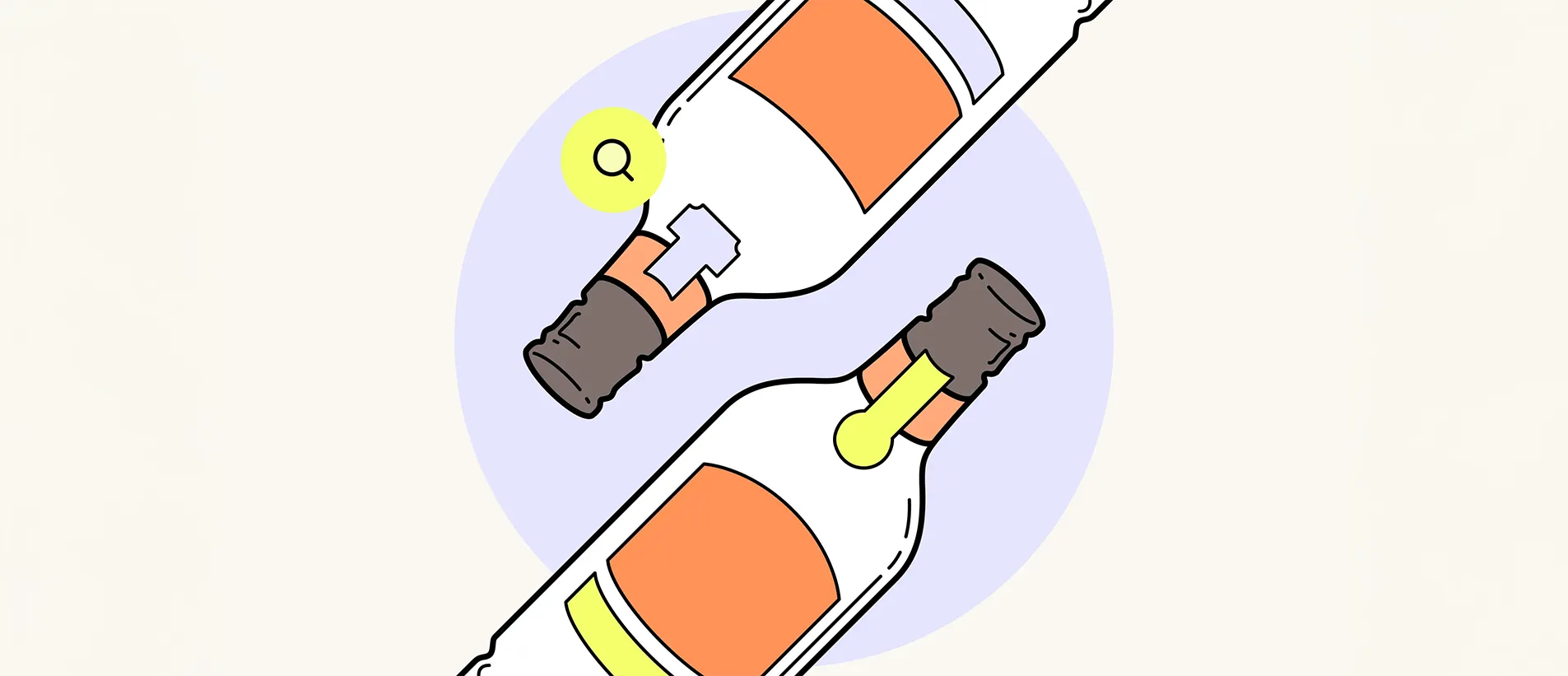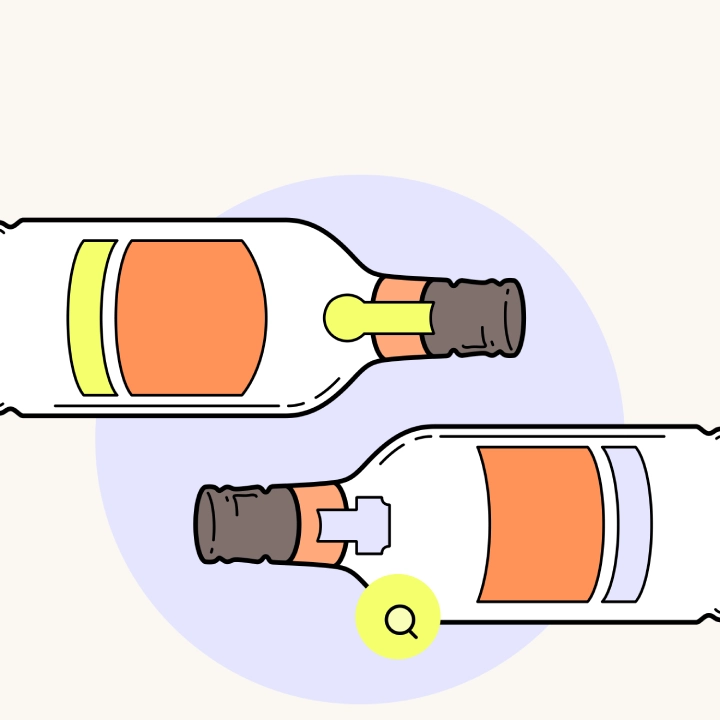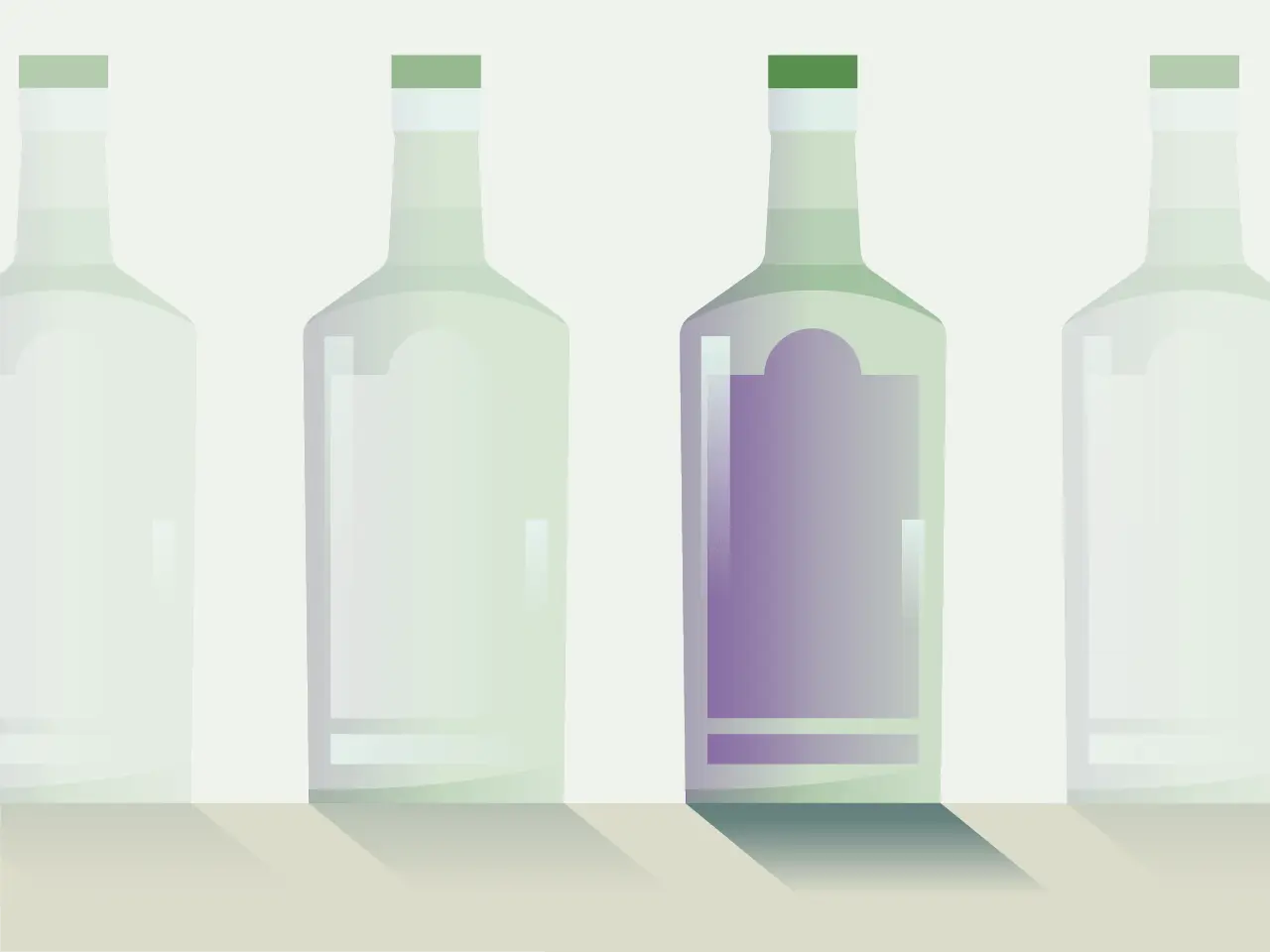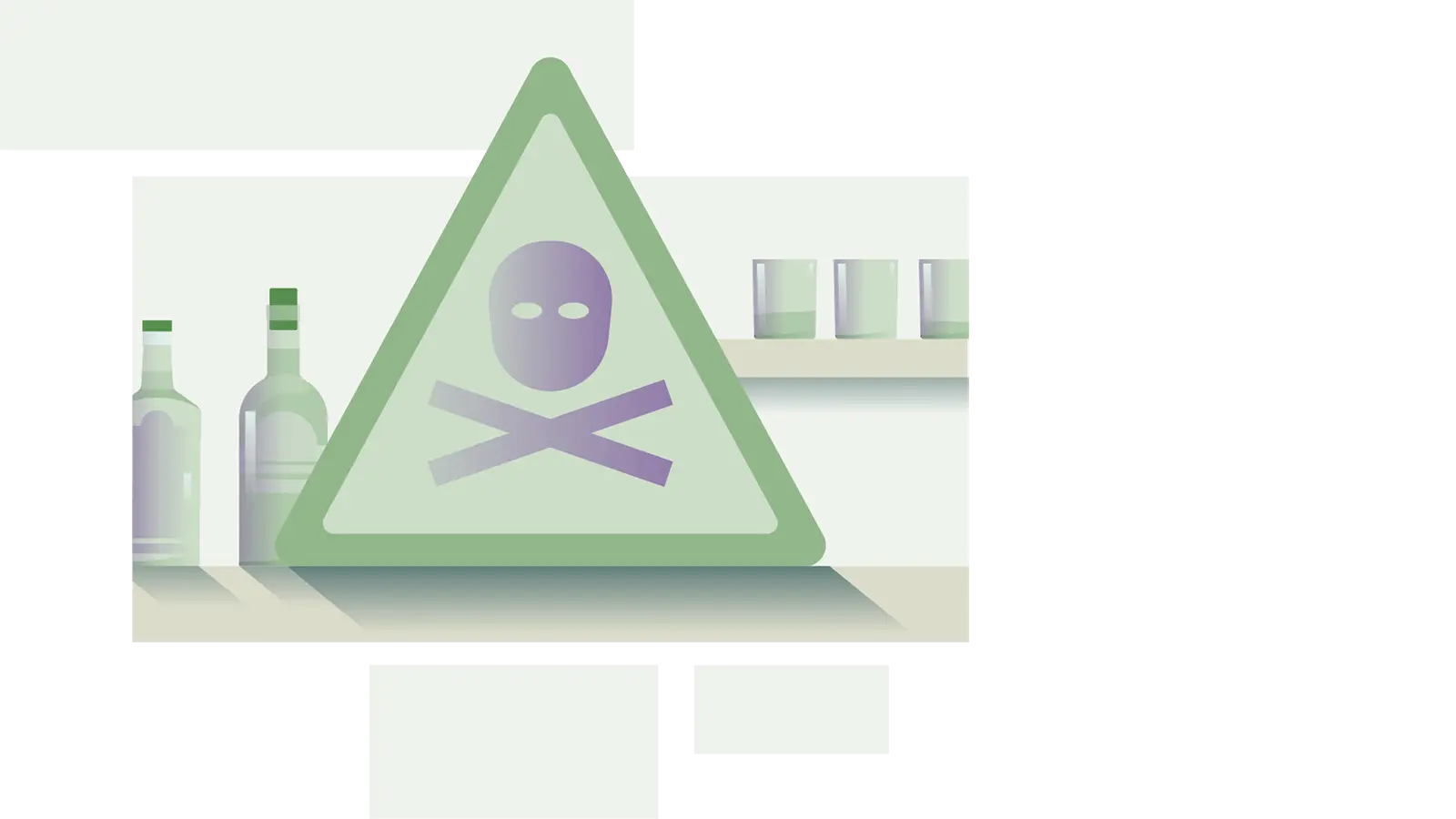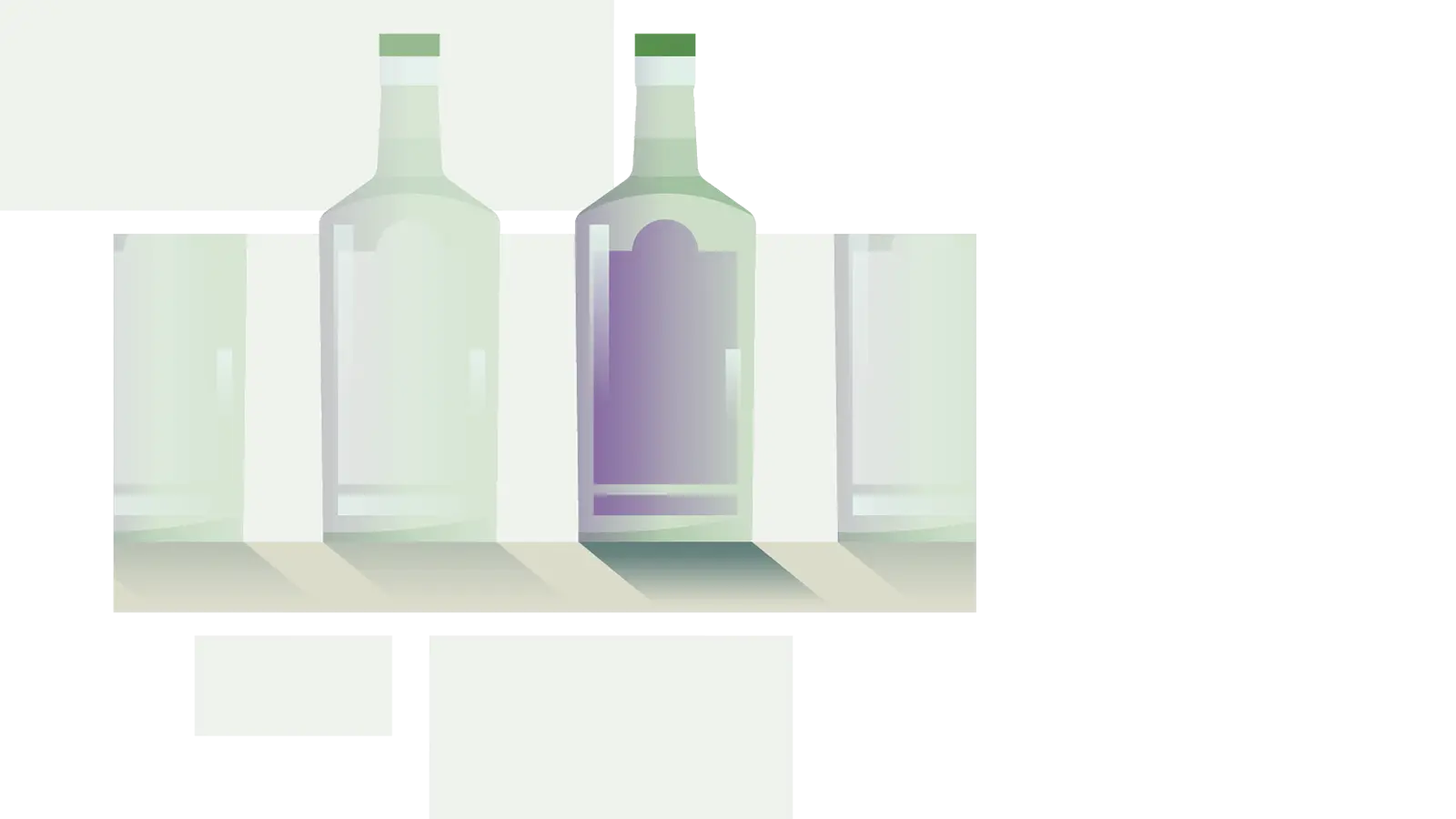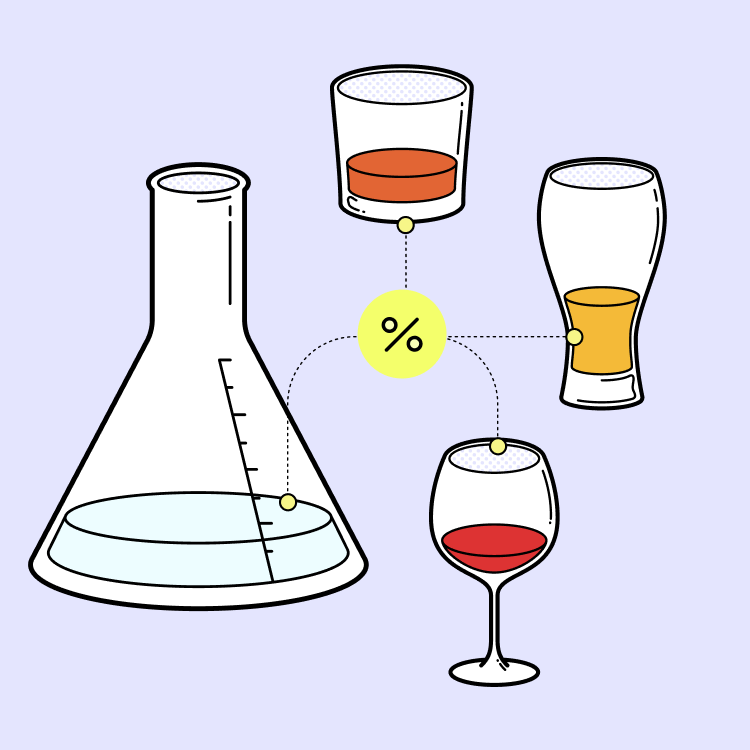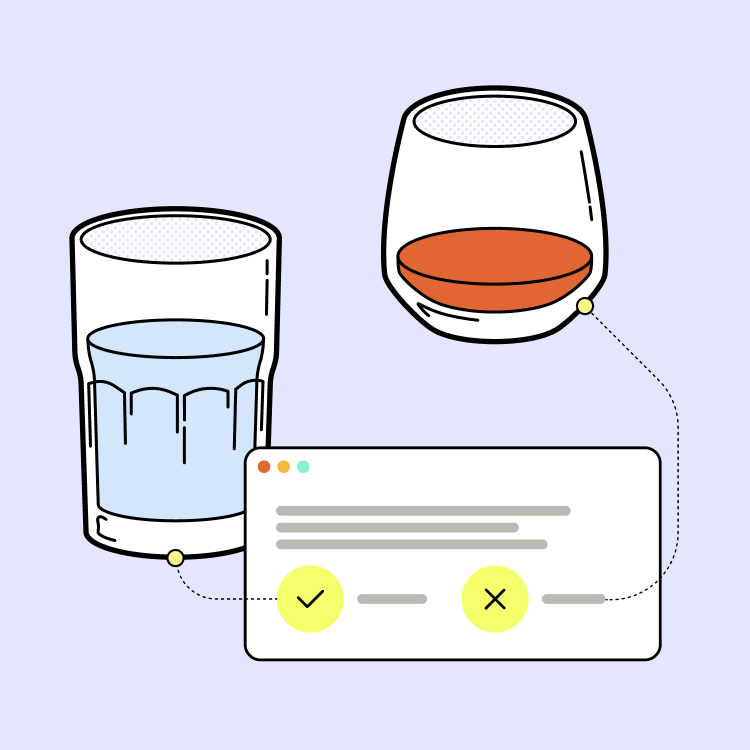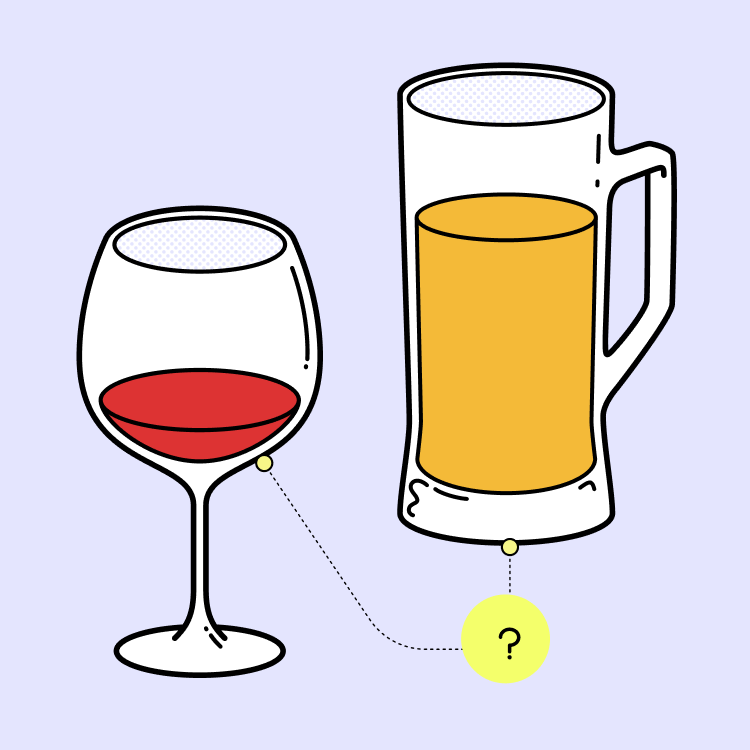Illicitly produced alcohol can pose a significant risk to the health of consumers. Media reports from countries around the world frequently point to mass poisonings and deaths.
Since there’s no quality control or oversight over how these drinks are produced, they may contain very high amounts of ethanol, increasing the risk of poisoning. They may also contain harmful and toxic ingredients (2, 3). One of the most common is methanol, a form of alcohol that may be added to some illicit beverages to make them stronger. It causes blindness and other health problems, and is often lethal (4). Also, some drinks are contaminated during production with toxic chemicals and animal products that may be added to speed up fermentation. When these drinks are consumed, they pose a high risk of poisoning and infection.
People may also turn to drinking fluids that contain alcohol, like hand sanitiser, cologne, mouthwash or window cleaning solutions, because they’re cheap and readily available (5-7). While these liquids can be legally bought and used, they’re not intended for drinking and the consequences can be devastating. In Kenya (8), a local drink called changa’a is referred to as ‘kill me quick’ because of its high potency (9).
Illicit alcohol is widespread, particularly in the developing world
There are many places around the world where drinking alcohol can be risky, especially if it’s not in a restaurant or purchased from a licensed shop.
The World Health Organization estimates that roughly a quarter of all alcohol consumed around the world is illicit (1), but research shows that this figure is much higher in some regions. For example, almost half of the alcohol consumed in Southeast Asia and over a third of what is consumed in Africa is illicit (10). It’s illegally produced or sold, or both, particularly where legal products are either unavailable or inaccessible, usually because they’re unaffordable for many people (11).
That’s why the impact of illicit alcohol is felt most severely by the poorest members of society, who may be unable to access legal products. The impact of illicit alcohol is particularly severe for those who may be poorly nourished and with inadequate access to healthcare.

